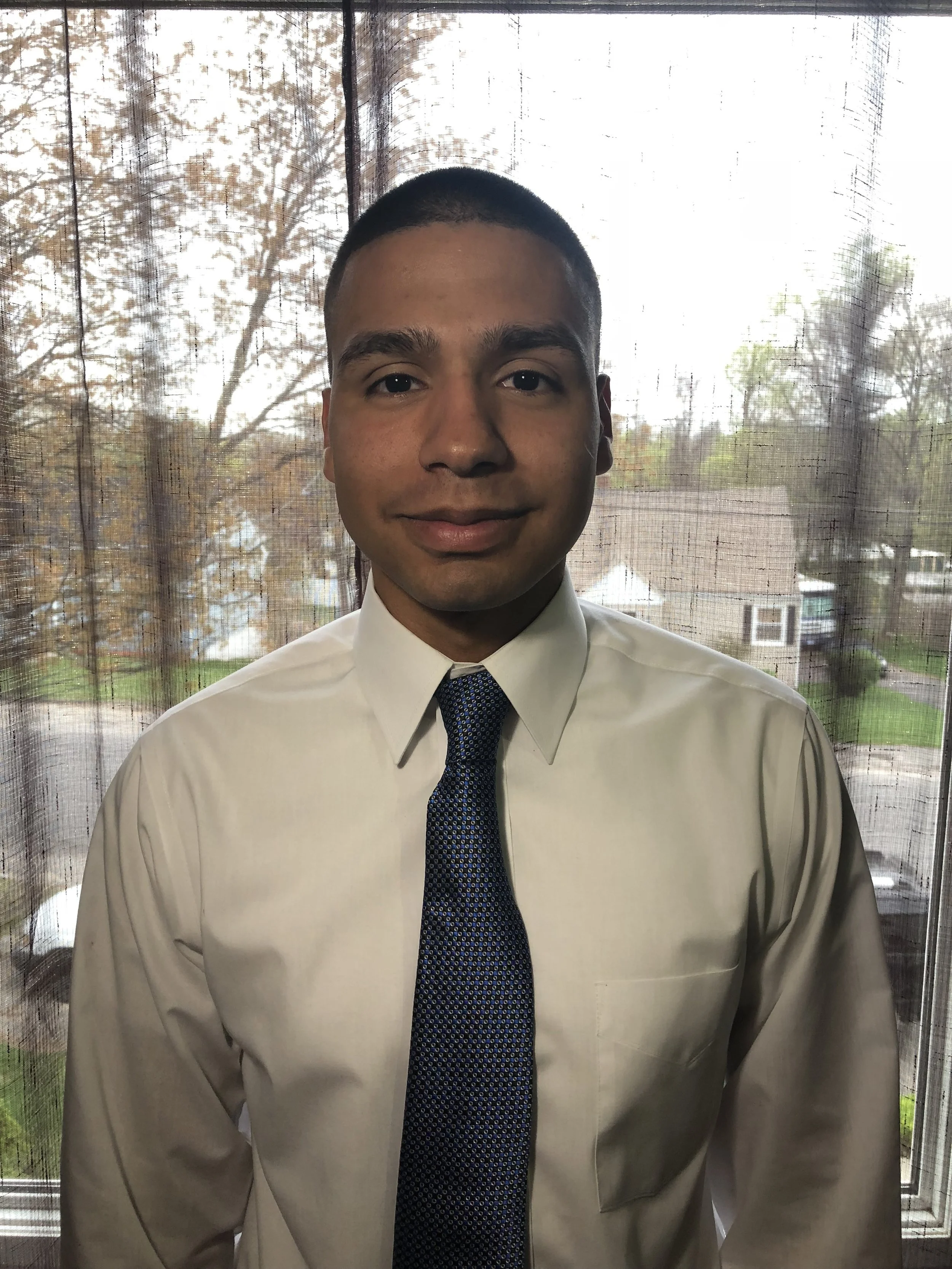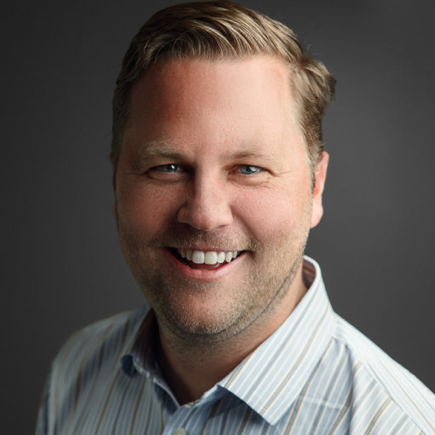Student Interview Series Part IX
“Give back at least as much as you are given”: An Interview with Joseph Bruchac
by Steven Colon
Dr. Joseph Bruchac is an author, performer, educator, and activist who works to preserve and share indigenous culture. He has directed a college program for a maximum security prison and founded both a literary center and review press.
As a professional teller of the traditional tales of the Adirondacks and the Native peoples of the Northeastern Woodlands, Bruchac has performed widely in Europe and throughout the United States. His work centers Native experiences and culture. He has authored over 120 books, including poetry, short stories, novels, anthologies, and music that reflect his Native American heritage and traditions.
I chose to interview Dr. Bruchac as his work is a unique form of resistance to settler colonialism. His performances and books offer a glimpse of the vibrant civilizations that have been reduced, but still survive in the wake of colonization. Dr. Bruchac offers resistance through art.
Colon: When did you start writing? Did your creative writing always center on Native American experiences? How has your writing evolved throughout your life and career?
Bruchac: I started writing when I was in grade school. What I mostly wrote then were poems and short stories—often about animals. My first career choice was to be a naturalist and, at Cornell University, I spent 3 years majoring in Wildlife Conservation. However, after taking two courses in Creative Writing, I switched my major to English and spent an extra year getting a degree in English with a minor in Zoology.
My first published poems—in student literary magazines at Cornell—focused on nature and a Native American perspective, such as an often-anthologized poem of mine called “First Deer.” While in graduate school at Syracuse University, where I had a writing fellowship, one of the poems I wrote—in 1966—was called “Notes of a Part-time Indian.” My first collection of poetry, published in 1971, was titled Indian Mountain.
I have certainly written—ever since my first published poems in 1963—about other things than the Native American experience. For example, I have a Young Adult novel that draws on my Slovak heritage, called Dragon Castle. But the Native experience—in all its complexity past and present—has been a major focus. I have written about my three years as a volunteer teacher in Ghana, West Africa, from 1966-1969. And I continue to write about nature, sometimes from a Native angle, but sometimes not.
In terms of how my work has evolved, I have to admit that a major stage in my evolution as a writer came in the early 1980s when I got my first computer, an Eagle II in 1982. That made it possible for me to write much more prose—because whatever I write goes through many revisions and until then I mostly wrote poetry and some short fiction.
I also have to say that I have, over the years, become much more confident as a storyteller. One of my major influences was Chinua Achebe, the Nigerian author. His book Things Fall Apart is a masterpiece of storytelling and an example of how one can draw on one’s own folk culture. Chinua was a close friend and an advisor for my PhD.
Colon: Based on your research and writing, what criteria, if any, needs to be met for an individual to possess and claim an indigenous identity? Must this be based on blood, lineage or heritage, familiarity with and commitment to culture, or any other requirements?
Bruchac: I do not believe a claim—as an author—to an indigenous identity is based solely on blood. I do regard that as part of the criteria, however. One may learn about one’s culture all through one’s life and no one is born knowing any language or culture.
Indigenous identity as a writer is a combination of blood, heritage, and deep personal commitment, which includes connection to your community and your elders. “Give back at least as much as you are given,” as Stephen Laurent, an Abenaki elder who was a dear friend expressed it to me.
Colon: Your work has been critical to the preservation of Abenaki culture. What specifically have you done to contribute so successfully to keeping it alive? Do you work with other tribes or indigenous groups in the efforts to preserve their cultures and history?
Bruchac: I’ve tried, through my storytelling and writing, to draw attention in an accurate way, to our traditions and those of other Northeastern Native nations. It’s meant a great deal to me to see my books used in Native communities over the years—my retellings of (Haudenosaunee) Iroquois stories being used in rez schools throughout New York state and being referenced by Haudenosaunee storytellers and my retellings of Abenaki stories being used in Wabanaki communities throughout New England, for example. And I have been a storyteller-in-residence at a number of Native Schools over the years.
One thing I am immensely proud of is the way other members of my family have contributed. My son James founded our Ndakinna Education Center, where he teaches traditional Native skills and wilderness programs. Among other things, we run the yearly Saratoga Native American Festival, a free event that draws from 3,000 to 5,000 attendees and focuses on the traditional Native cultures of the Northeast through dance, music, storytelling, and indigenous arts and crafts.
We also offer free immersion weekends in Abenaki language. My son Jesse is a fluent speaker of the Abenaki language and teaches it all over New England, as well as doing Native language writing, translation, and coaching for films. My younger sister Margaret is both a tradition bearer and the head of the Native Studies Program at the University of Pennsylvania. I like to think that I have been a positive influence for them.
I’ve also been very supportive of other Native American writers and storytellers—too many to mention—in part through publishing books through a press I founded, The Greenfield Review Press.
And I have worked with other tribal nations in projects involving cultural retention, Native language revival and retention, and I’m always looking for ways to be more helpful.
Colon: You use books and storytelling (for all ages) to educate and raise awareness about indigenous history and traditions. What other mediums would you like to see used to spread knowledge about Native American culture?
Bruchac: Film is an extremely important medium—an area where my son Jesse is doing terrific work. Jesse created a website westernabenaki.com where one can hear and learn the Western Abenaki language. So, too, is social media. I have a little presence on Facebook and have been using Twitter recently.
Several years ago, I co-wrote and produced a film about the life of Jim Thorpe that was shown on PBS: Jim Thorpe: The World’s Greatest Athlete.
I also think music cannot be discounted. I’ve been writing and performing music for many years, both traditional and original songs I’ve written.
Two years ago, with my friend Brent Michael David, we created a short historical opera called Purchase of Manhattan.
I have also done plays, including one for the anniversary of Hudson’s voyage called River of Tides.
Colon: Earlier in your career, you spent eight years directing an academic program inside a maximum security prison. What was the most insightful thing you took away from this experience?
Bruchac: In addition to that eight years creating and coordinating the Skidmore College University Without Walls (UWW) program at Great Meadow Correctional Facility from 1974-1981, I have also done many writing workshops since 1971 in prisons from Maine to Alaska. Further, for two decades, my late wife Carol and I sent donated poetry books and magazines to men and women in prison all over the American continent.
I think my main insight—aside from the futility and inadvisability of incarceration for 90% of the people in prison—was that the creative spark lives in all of us. To see men and women classified by society as worse than worthless grow and blossom as poets has been deeply inspirational and meaningful for me. I recommend seeing a film about one such man, Jimmy Santiago Baca, who rose from illiteracy to becoming a major American poet. It is called A Place to Stand.
Colon: You have performed across the nation and in Europe. Is there any one performance that has particularly resonated with audiences? Why do you think it had such special significance for them and for you?
Bruchac: To be totally honest, it’s hard to think of any one single performance that stands out in my memory. My focus is always on the now, the eternal moment that exists when you are in the midst of a story that is telling you as much as you are telling it.
But because I often have performed with my two sons, I suppose one of the most memorable ones for me—and for audiences—was one of the first times when Jesse, then 21 years, and I performed for an audience of 500 teachers at a conference at a Catskill hotel 24 years ago—having them see us on the stage, a father and son sharing from their heritage together.
No, wait, something else just came to mind. My son Jesse’s two children, Carolyn who is 12 and Jacob who is 10, have been raised speaking the Abenaki language. Five years ago, when Jesse and I took the stage at the Kanatsiohareke Mohawk Community’s annual Strawberry Festival, we had just started a welcome song in Abenaki when we looked out and saw my grandson Jacob, a rattle in one hand, a little chair in the other, approaching the stage. He climbed up the stairs, set up his chair, and started playing and singing with us. My heart was full and so, I think, were the hearts of everyone in the audience.
Colon: If a person could read only one of your works, which one would you recommend and why?
Bruchac: Perhaps my autobiography— of my early life —Bowman’s Store.
Steven Colon is an honors graduate of UConn with a double major in political science and history. He is interested in studying the effects of different forms of indigenous resistance. He can be reached at steven.colon@uconn.edu.







